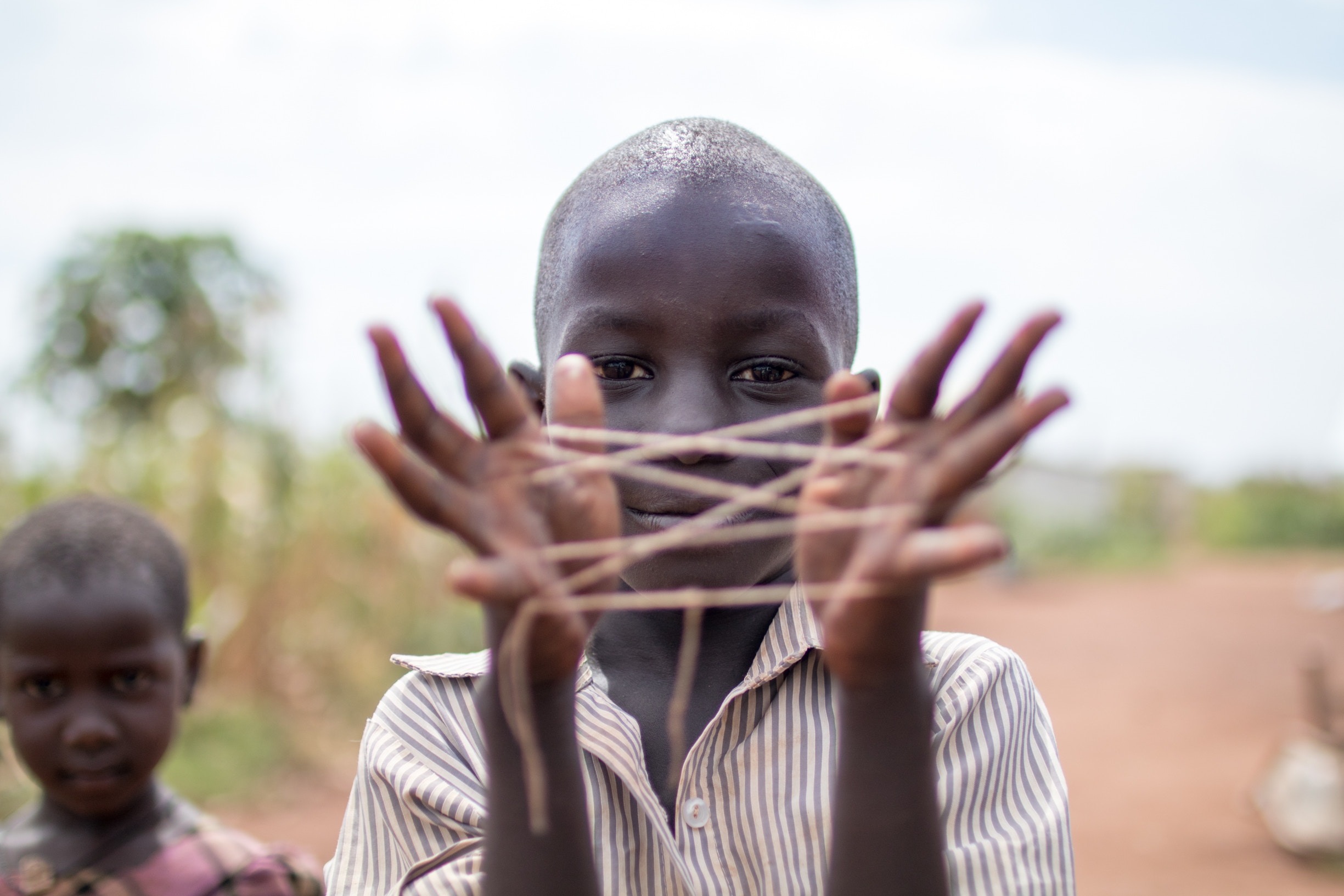Imagine you wanted to have an Internet connection and someone decided that you had to wait an undefined amount of time (maybe a year, maybe 10 years) to get access. Would you find it fair? I wouldn’t!
Unfortunately, this is the situation that millions of people in remote communities around the world have to accept. They will have Internet access only when operators decide to give them access which can be in a decade or more. These people won’t enjoy all the benefits we are enjoying today for a long time. And as more and more services go online – and exclusively online – they will not get the services they used to have since the services have moved to a new place where they are not allowed to be.
This is happening because operators can’t expand everywhere at the same time; they have to choose where they go this year, then next year, etc. There are some places where they will never go because those places are not going to bring them money. Among those regions that operators will never choose to go, we find, sadly, are the poorest rural areas that desperately need the economic and development opportunities that the Internet can bring.
Regulators and policy makers have been pushing operators to go to those “non-profitable” areas through license obligations and incentives. They have also set up a universal service fund so that those who afford connectivity can subsidize those who cannot afford it. However, after more than 20 years of the establishment of these obligations and incentives, we know that operators don’t go to those communities that won’t make business sense to them.
So, what is the solution? I believe it is to give the community power over its own destiny! The community, and no one else, should decide when it needs to be connected to the Internet. Time and time again, we have seen that a solution for a community’s problem is within the community. So why not here?
In fact, there are communities that have taken their destinies into their own hands. For example, the Zenzeleni community in Eastern Cape in South Africa has developed a community network with the help of the Internet Society and other organizations. The network is planned, deployed and operated by the community itself, with the help of the supporting organizations and already responds to the needs of its residents.
Community Networks are real and complementary alternatives to commercial operators to bringing connectivity. For this reason, they should be considered by governments, regulators, operators as well as the civil society as partners to develop an inclusive information society and be given full support – be it financial, training or regulatory. This was stressed by the Internet Society at the panel on “Connecting the Next Billion” at the African IGF that opened yesterday in Sharm El Sheikh, Egypt.
For more information on community networks, visit our Community Networks page and read the report: Supporting the Creation and Scalability of Affordable Access Solutions: Understanding Community Networks in Africa.
Read Dawit’s presentation on community networks held at AfIGF 2017.

